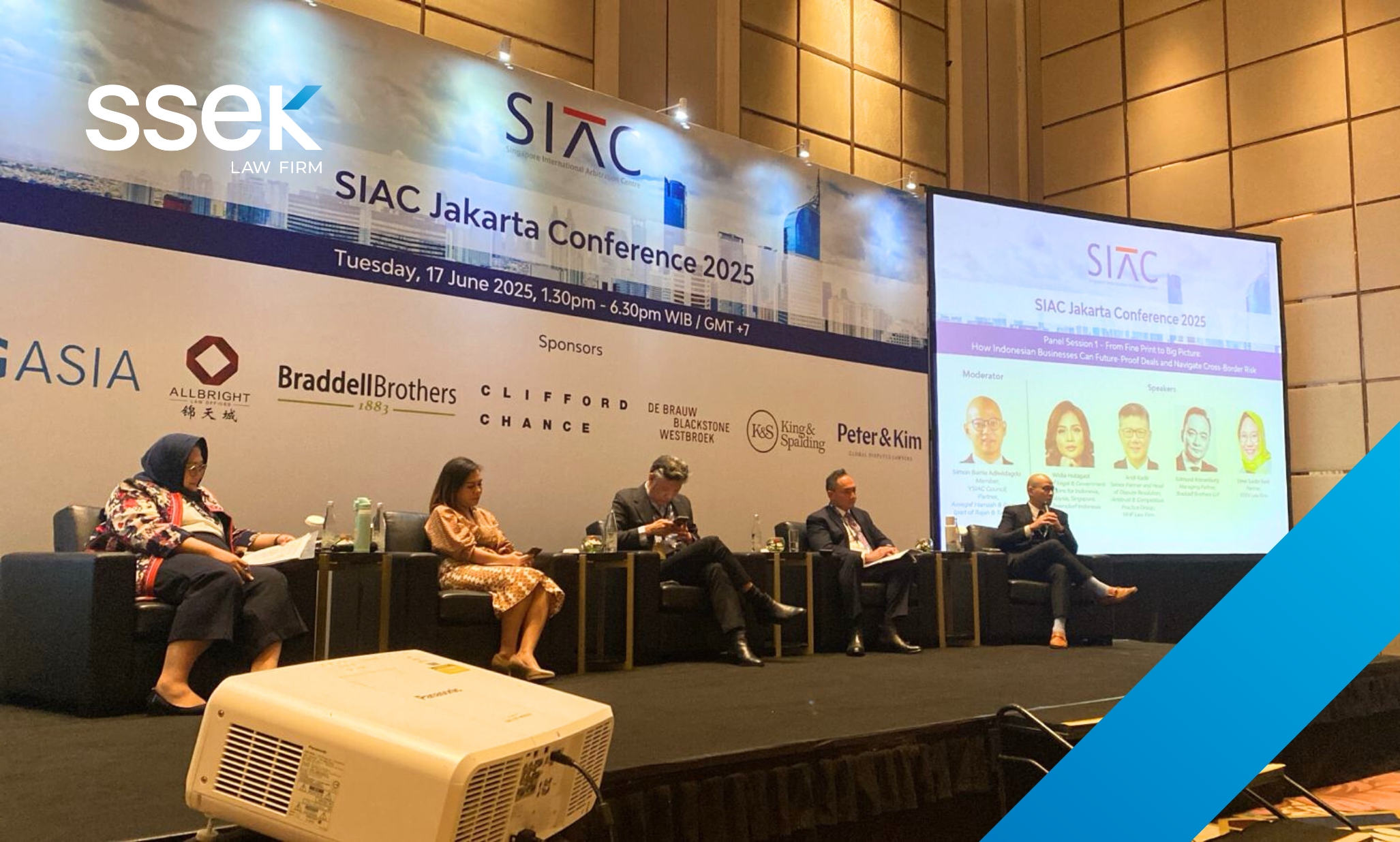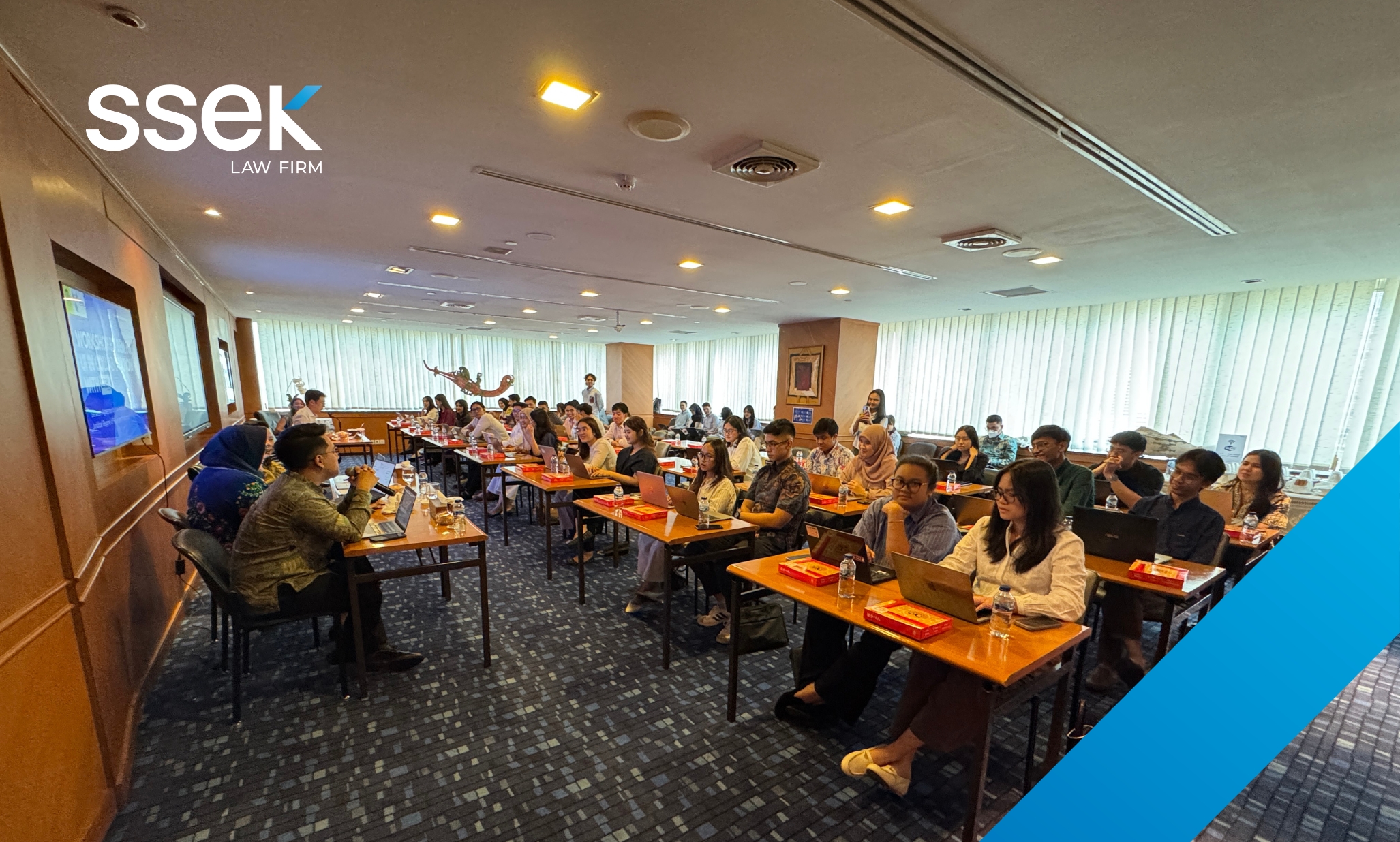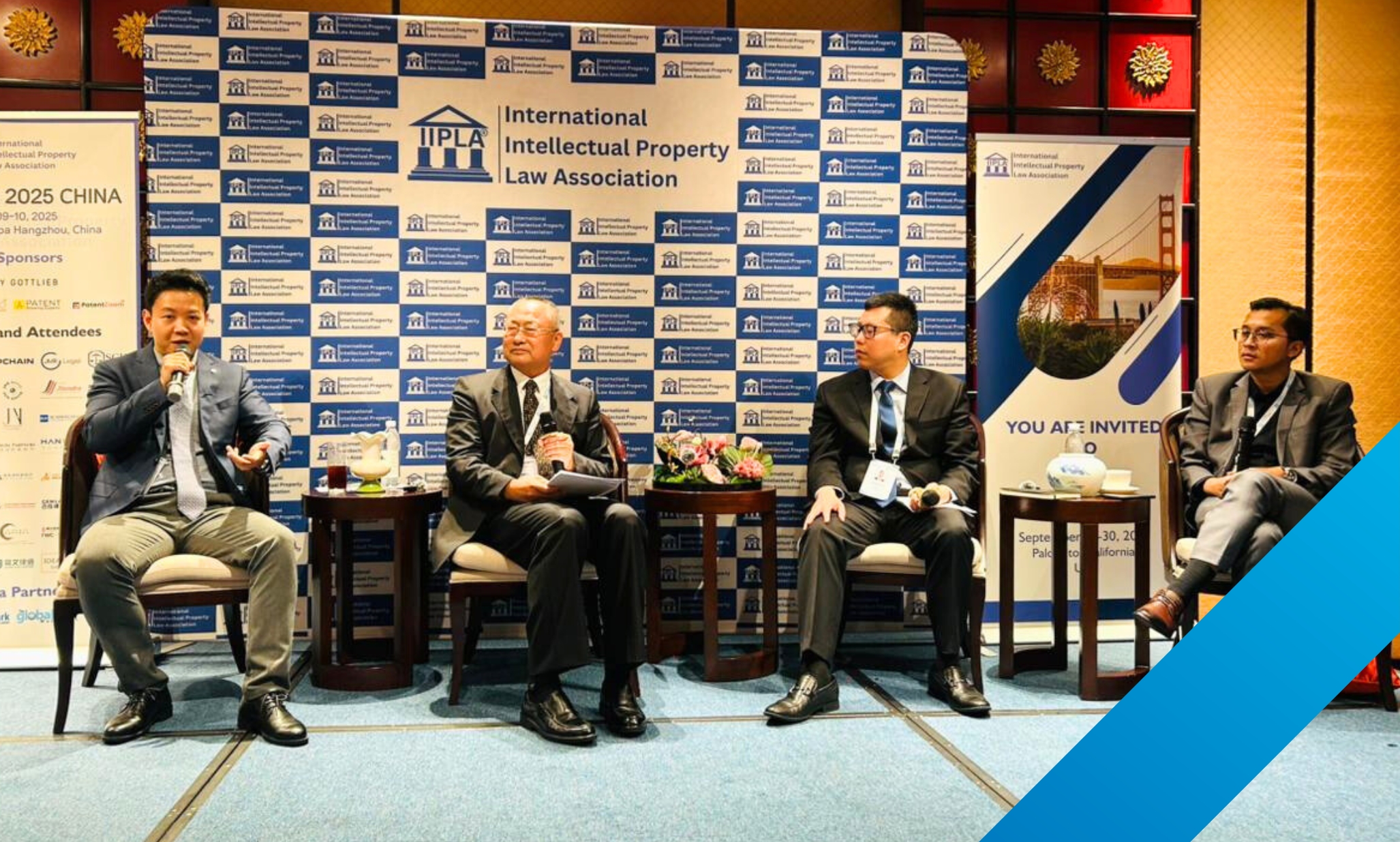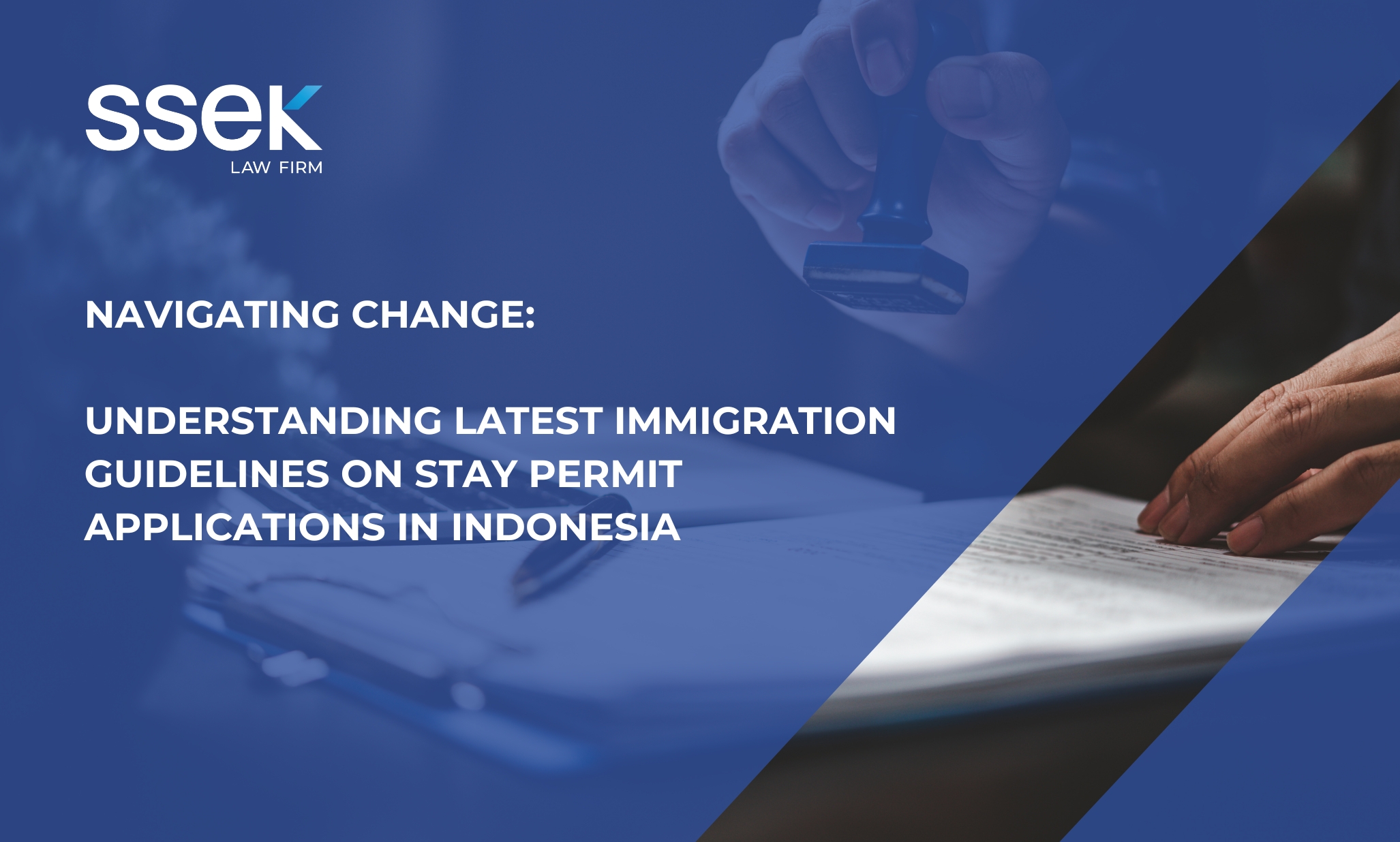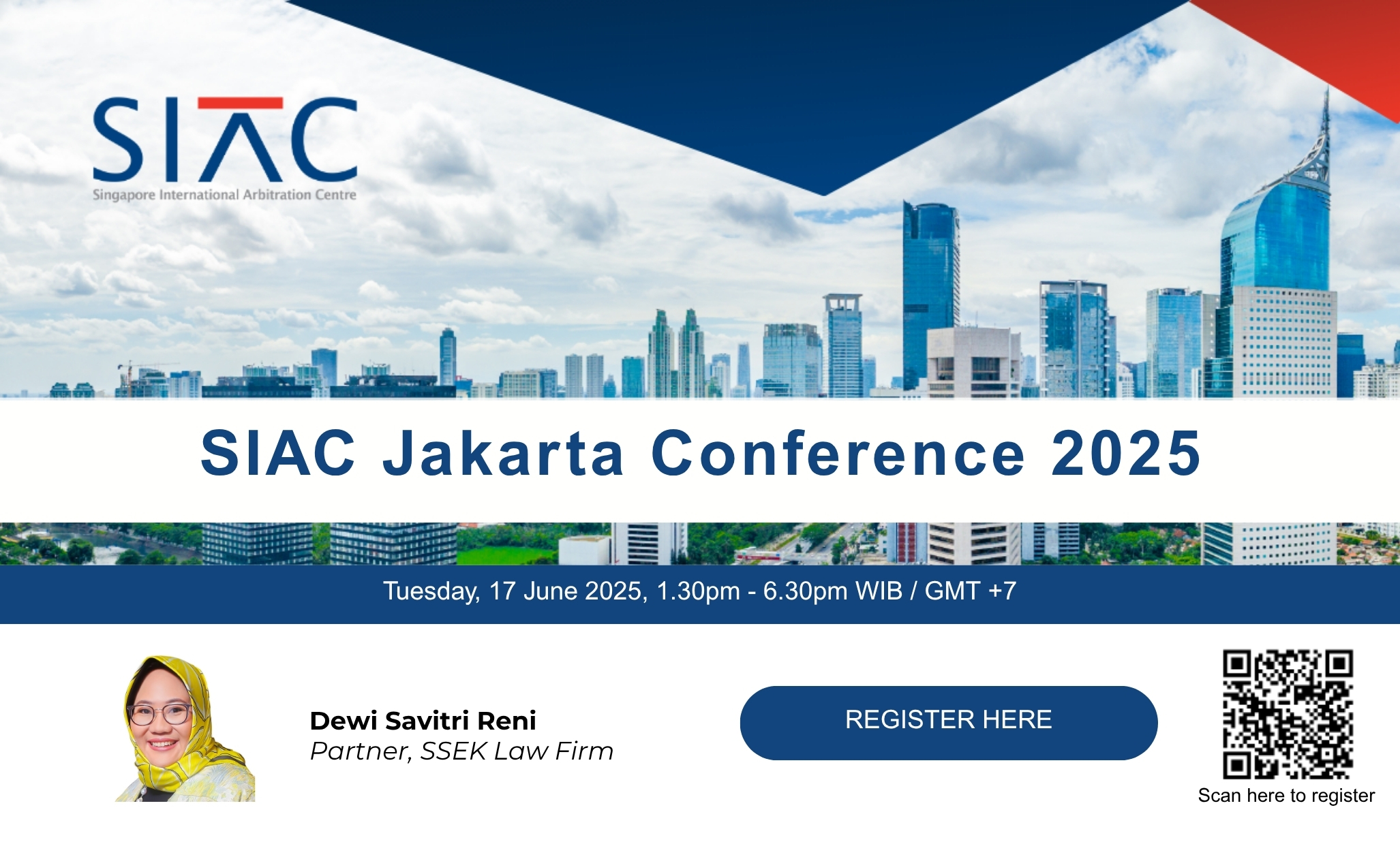


Indonesia’s Supreme Court on December 17, 2024, issued a circular letter that, among other things, addresses several significant tax-related issues and aims to promote consistency in Indonesia’s tax jurisprudence.
Circular Letter of the Supreme Court of Indonesia No. 2/2024 (“SEMA No. 2/2024”) implements the results of a plenary meeting of the Chambers of the Supreme Court held November 5 - 7, 2024.
A SEMA serves as an internal directive to guide and direct Indonesian judicial officers in performing their duties, promoting consistency and uniformity in the interpretation and application of the law.
What Happens When a Taxpayer Fails to Provide Requested Evidence in Tax Dispute?
SEMA No. 2/2024 addresses the crucial issue of evidence handling in tax disputes, specifically regarding documents or evidence previously requested by the Directorate General of Taxes during a tax audit but not provided by the taxpayer.
According to Article 26A paragraph (4) of Law No. 28/2007 concerning the Third Amendment to Law No. 6 of 1983 concerning General Provisions and Tax Procedures (“Law No. 28/2007”), the Tax Court and the Supreme Court cannot consider any evidence under the taxpayer’s control that had been specifically requested by the Directorate General of Taxes but was not submitted during the tax audit and/or objection phase.
SEMA No. 2/2024 reinforces this principle, emphasizing the importance of the timely and comprehensive submission of evidence. The aim is to enhance the efficiency and effectiveness of the tax dispute resolution framework by discouraging disclosure delaying tactics that could prolong tax disputes and would not serve the interest of achieving procedural fairness.
Legal Recourse for Taxpayers Dissatisfied with Tax Assessment
Articles 25 and 27 of Law No. 28/2007 give taxpayers an avenue to challenge tax assessments by the tax authority by filing an objection, and then, if unsatisfied with the outcome of the objection, by proceeding to an appeal. Articles 23 and 36 of Law No. 28/2007 further specify how taxpayers can challenge the implementation of tax enforcement actions, i.e., forced collection, seizure orders, and tax-related auctions, through a lawsuit.
The incorporation of this discourse in SEMA No. 2/2024 is significant as it reflects the Supreme Court’s efforts to provide clearer guidance on the procedural aspects of tax disputes and ensure consistent interpretation and practice in the lower courts. Given the complex nature of tax disputes and the significant financial implications for both taxpayers and state revenue, this clarification seeks to reduce the likelihood of prolonged litigation due to procedural inconsistencies.
Conclusion
The clarifications in SEMA No. 2/2024 reflect the Supreme Court’s commitment to establish clear and uniform interpretations of tax regulations, as they go beyond mere procedural consistency.
First, SEMA No. 2/2024 reinforces compliance standards in handling evidence by directing that any documentation under a taxpayer’s control that was specifically requested but was not provided in a timely manner shall be inadmissible in subsequent court proceedings. Second, SEMA No. 2/2024's attention to legal recourse procedures reaffirms the right of taxpayers to fair and structured dispute resolution processes.
As Indonesia continues to refine and modernize its tax system, SEMA No. 2/2024 is an important step in the ongoing evolution of Indonesia's tax jurisprudence.
This publication is intended for informational purposes only and does not constitute legal advice. Any reliance on the material contained herein is at the user’s own risk. All SSEK publications are copyrighted and may not be reproduced without the express written consent of SSEK.




